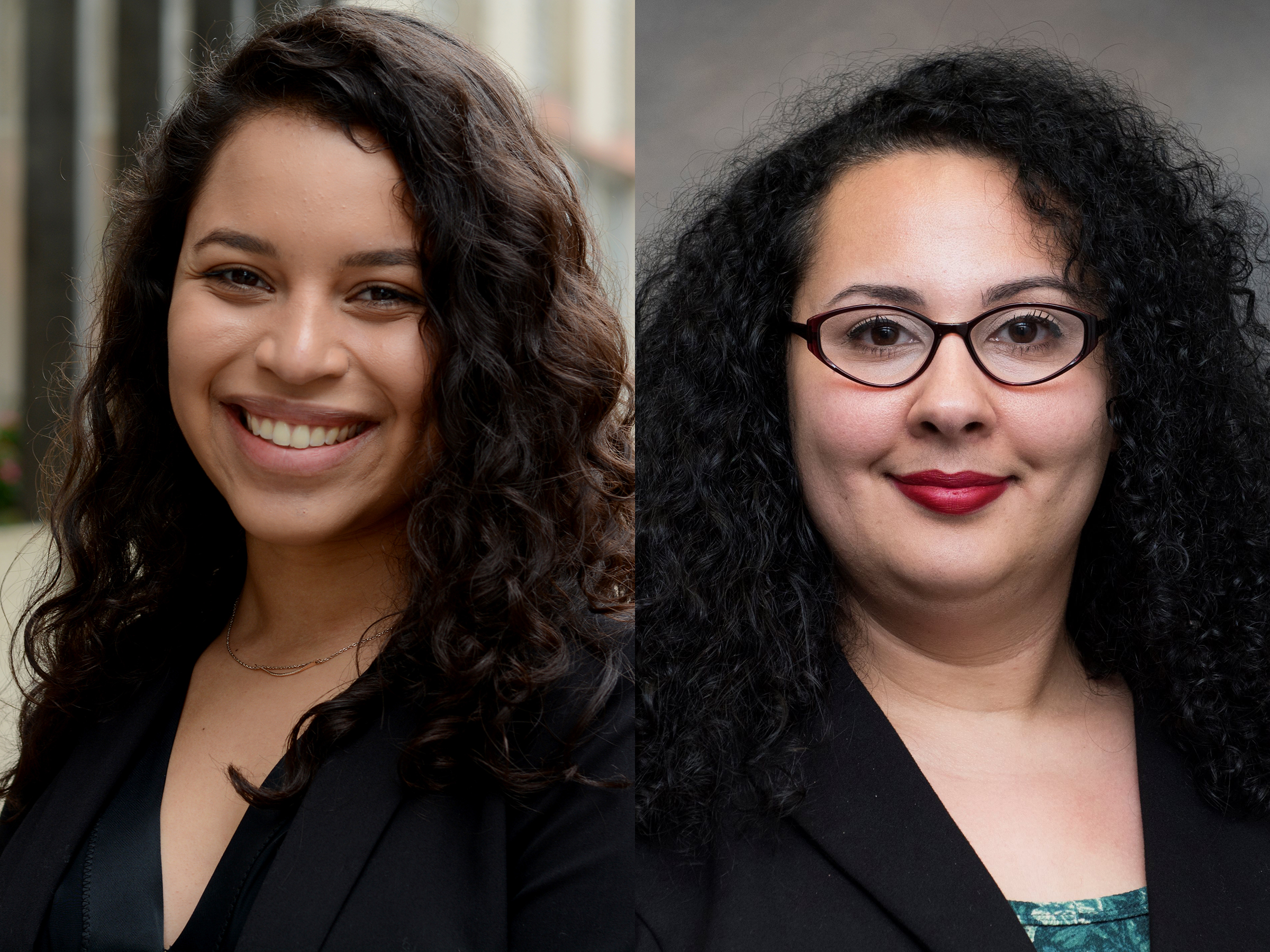Cynthia Hernandez L’20, with guidance from Assistant Professor Taleed El-Sabawi, compiled a checklist sent to North Carolina lawyers who defend clients facing murder charges under the state’s new "death by distribution" law.
A North Carolina law that went into effect in late 2019 allows prosecutors to pursue murder charges against narcotics dealers when a buyer dies from the use of an illegal drug.
So how do you know when it was the drug and not another medical condition that caused the death? What, exactly, does “distribution” mean? Was there another event between the time that an illegal drug was purchased, and that time it was used, that may have played a bigger role in the death?
Such questions are the motivation behind a checklist authored by an Elon Law student and her mentor that has been distributed to hundreds of criminal defense attorneys and public defenders across the state via the University of North Carolina School of Government.
Modeled after the Drug-Induced Homicide Toolkit and a blog post from the UNC School of Government, with language and considerations specific to North Carolina’s own law, the document by Cynthia Hernandez L’20 and Assistant Professor Taleed El-Sabawi gives busy attorneys a simple resource to quickly determine legal strategies for clients who, as Hernandez points out, could easily be innocent of the charge.
Hernandez likens the death-by-distribution prosecutions to a district attorney who must build a brick wall. If elements of the crime are missing, or the evidence the state puts forward is flimsy, a defense attorney must show a jury how those “bricks” are missing. Missing bricks, she said, indicate that a prosecutor can’t prove beyond a reasonable doubt that someone is guilty.
Ensuring that constitutional rights are respected by prosecutors was something the Elon Law Leadership Fellow said inspired her to work with El-Sabawi, whose expertise is at the intersection of the law and public health, notably involving the nation’s opioid crisis.
“There are many issues broadly in our society that lead to certain things happening in certain communities,” Hernandez said. “It’s unfortunate that our government is not protecting people who need to be protected. I’m interested in going into criminal defense to fight that system and to help people with their constitutional rights.”
El-Sabawi praised Hernandez for the quality of her research and writing.
“What makes this timely and important is that we’ve now seen an increase in prosecutions both here and nationally for drug-induced homicides,” she said. “Cynthia did an excellent job and a lot of the heavy lifting. I was very proud of her, and the Office of Indigent Defense Services and the UNC School of Government also were very impressed with her work.”
El-Sabawi and Hernandez are now collaborating on work related to the COVID-19 crisis and how to make healthcare more accessible to marginalized communities.



